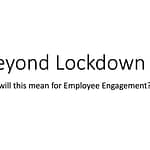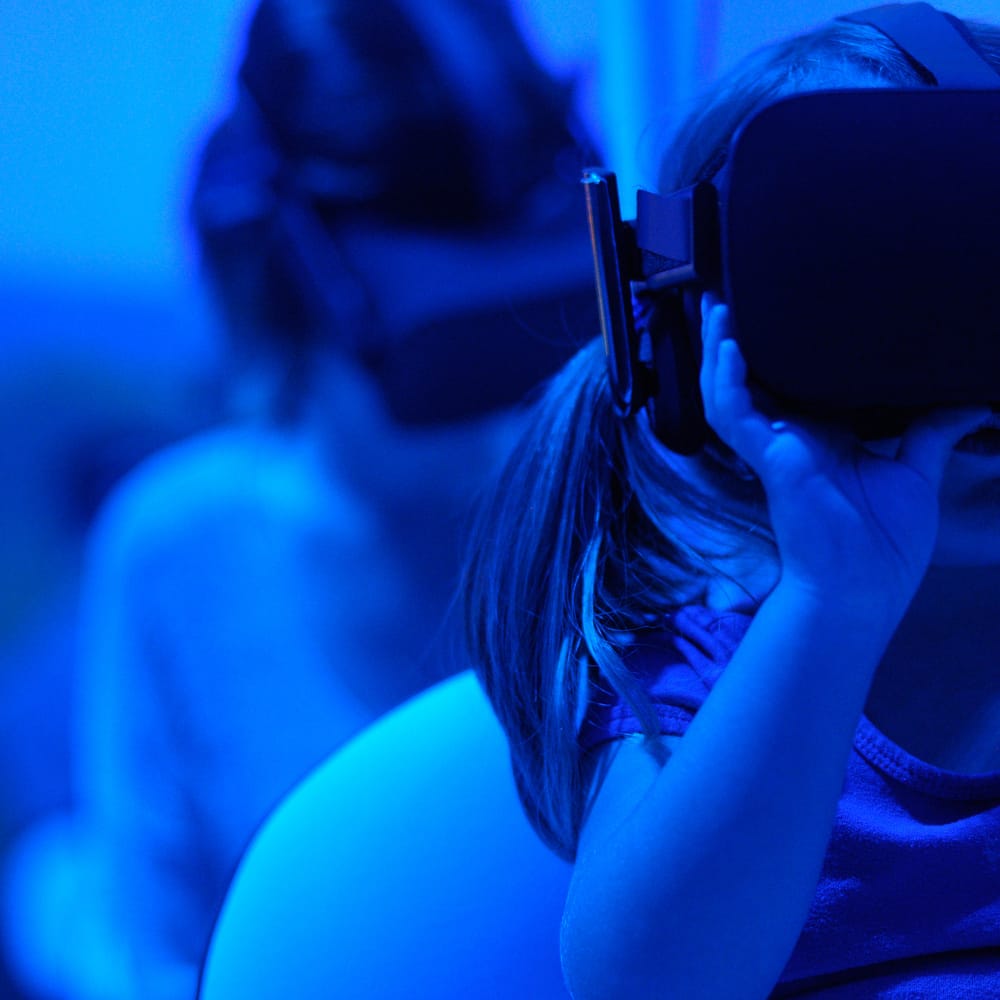Baljit Kaur from Innate Consultancy shared her insights and thought leadership at a recent Engage for Success Area Network event.
Key insights shared:
Brand Engagement
It is time to reframe the strategic narrative about the benefits of diversity. Often the commercial business case cites greater financial returns and references to the McKinsey research prevails. But what if the research showed no greater financial outperformance? Would we abandon our diversity & inclusion efforts? Surely, it’s the right thing to do….fairness and meritocracy for all in spite of any profits.
Yes, diversity will inevitably bring innovation, creativity, problem-solving which will result in better performance overall but there may not be a greater monetary return as some research also suggests. Let’s not set our diversity efforts up to fail!
Trustworthiness
While organisations are busy with populating their websites with employee testimonials and details of their diversity endeavours, we mustn’t take our eye of the ‘right’ metric for progress: the deep transformative cultural change required in understanding and leveraging diversity.
A key attribute of an inclusive workplace is trust. We need to reconnect the diversity and inclusion narrative with organisational trustworthiness. People give their best when they trust their leaders to have their back and their best interests at heart. Research has identified that perceptions of diversity are positively related to trust only when employees perceive high levels of inclusion.
Agility
A new mindset of orienting policies and procedures around our people has been established by the pandemic. Strengthening our social architecture to focus on mental health and wellbeing is a prime example. An agile mindset is about understanding what’s going on in the environment and adapting to it.
An agile mindset also encompasses foresight. Foresight, for example, of the negative consequences of remote working that may be ensuing. Research suggests:
- More than three million UK employees on average worked an extra 7.7 hours per week during 2020, equivalent to £7,300 per person in unpaid overtime (Analysis by the TUC of data from the Labour Force Survey)
- Data from the Office for National Statistics found that between 2013 and 2020, people who worked from home were on average 38 per cent less likely to have received a bonus compared to those who never worked from home
Leadership
The pandemic has pushed all leaders to activate the ‘leadership’ part of their role. Leaders have been required to deploy their personal resources to connect with their workforce. This emotional inclusion requires leaders to demonstrate empathy, self-reflection and social awareness in coaching the workforce to learn and adapt in extraordinary changing times.
View the full recording at https://youtu.be/UukDRiDQbXo




